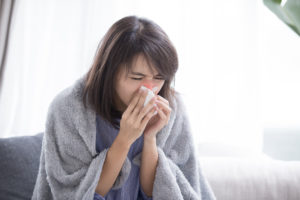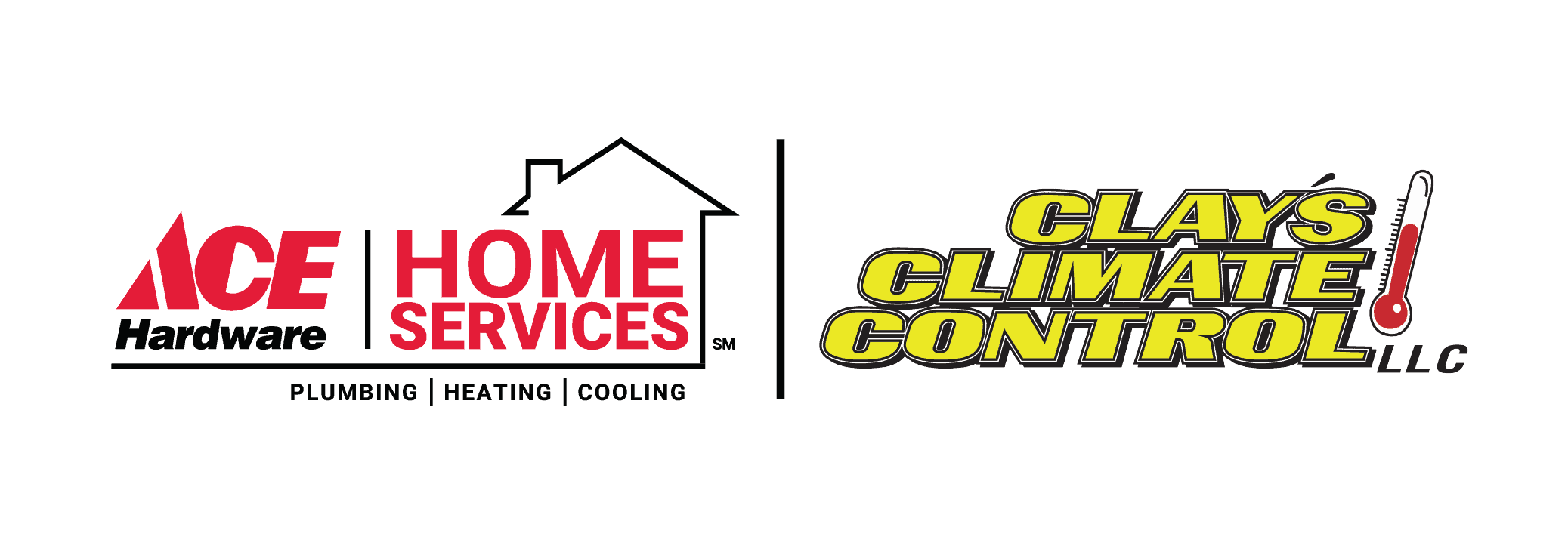
Air pollutants, such as carbon monoxide, cigarette smoke, fossil fuels etc., have long been a concern to many people, but the COVID-19 pandemic has opened even more eyes to the impact that air can have on people’s lives. Although many of us are actively protecting ourselves right now from the air while we’re outside — and cleaning our hands excessively — not everyone is thinking about cleaning the air in their home after they’ve come back inside. While we’re not saying this is making you more susceptible to developing COVID-19, the air quality in your home can make you more susceptible to other health issues, such as asthma, congestion, nosebleeds, headaches and more. If the coronavirus pandemic has sparked questions about air quality in your home — and how to improve it — the experts at Clay’s Climate Control are here with answers to the common questions about air quality and how air cleaners can help.
Q: How does an air cleaner work?
A: Everyday, irritants such pollen, dust and other allergy-causing contaminants circulate through the air in your home, but air cleaners have the ability to filter these particles out. With that being said, an air cleaner can only capture the particles that are floating through the air and pass through the air cleaner, meaning that, for example, it will not eliminate dust that is covering furniture. However, a high-quality air cleaner will:
- Get rid of allergy-causing particles that go through the air cleaner
- Operate efficiently and consistently
- Operate affordably
- Handle large volumes of air easily
It’s important to note that air quality — specifically bacteria, mold and viruses — thrive in humid environments. With the humid weather of summer around the corner, an air cleaner will drastically decrease the risk of these contaminants thriving in your home.
Q: How do air cleaners help with allergies?
A: If you or someone you know suffers from allergies, more often than not, a doctor will state that one of the best treatments is to get rid of the allergen. When you incorporate an air cleaner into your home, you will be able to successfully reduce the amount of allergy-causing contaminants in the air, if not remove them altogether. Whether you choose a portable air cleaner for a small bedroom or a whole-house air cleaner for a larger space, you will see — and feel! — a noticeable improvement in your allergy symptoms.
Q: What are the different types of air cleaners?
A: When it comes to residential air cleaners, there are two different types:
- Whole-house units that are furnace-mounted
- Portable units for single room use
Within these two types, there are a variety of models with different air cleaning methods, which is why it’s best to first consider your living situation. For instance, if you live in an apartment, a portable air cleaner may be adequate; if you live in a home, you may want to opt for a whole-house unit.
We hope that our air quality Q & A was helpful, but if you have any additional questions — or would like to schedule an air cleaner installation appointment with us — please don’t hesitate to contact Clay’s Climate Control!
